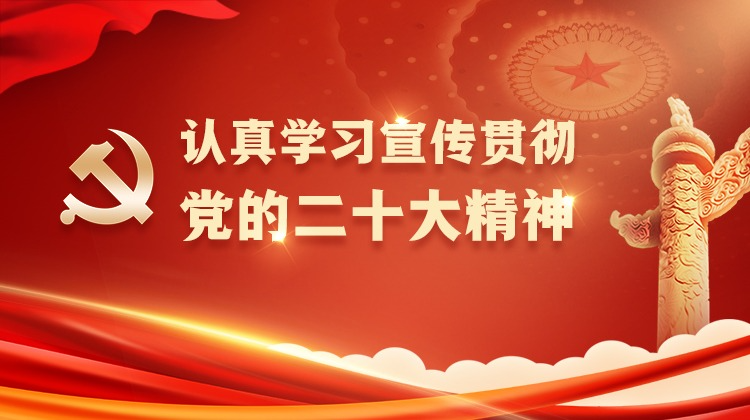
BEIJING, April 20 (Xinhua) -- Accusations of "overcapacity" have become a recurring trend in the international trade arena, often wielded as weapons by those seeking to gain a competitive edge.
These overcapacity accusations leveled against China are reminiscent of a lagging runner urging others in their race to slow down because they're falling behind. This analogy rings true as the United States has in the past branded China's flourishing exports of quality, affordable goods as the result of overcapacity. Now, they're applying the same label to China's new energy products. But let us scrutinize their logic more closely. If we follow this reasoning, would the United States' heavy reliance on semiconductor exports, particularly high-end chips, and its massive exports of pork and agricultural products not also be the result of overcapacity?
The "China's overcapacity rhetoric" put forward by the United States seems to be an economic concept, but behind it is the intention to curb and suppress China's industrial development, and to seek a more favorable competitive position and market advantage for the United States. It is another example of U.S. economic coercion and bullying, aligning with its broader hegemonic ambitions.
Moreover, the majority of China's new energy vehicle (NEV) production output is consumed domestically, further undermining claims of overcapacity in overseas sales. Crucially, the profitability of China's NEV industry contradicts any claims of overcapacity. Data indicates China has seen sustained growth in total profits, pointing to a thriving and sustainable sector. An emphasis on technological innovation and efficiency improvements, rather than a reliance on subsidies, underscores the industry's resilience in the face of external pressure.
Interestingly, it is often protectionist trade measures that artificially inflate the notion of overcapacity in certain sectors. Such distortions of market dynamics not only fail to address underlying issues, but also disrupt global supply chains and impede efforts to combat climate change. The global demand for new energy products is ever increasing. It is estimated that global sales of NEVs will reach 45 million units in 2030 -- four-and-a-half times the 2022 figure and three times the 2023 figure.
China is increasing its output to keep up with both domestic and global demand. China's production and sales of NEVs account for over 60 percent of the global totals. In the first quarter this year, China's NEV output surged 28.2 percent year on year to nearly 2.12 million units, while its NEV sales climbed 31.8 percent year on year to 2.09 million units. The domestic market accounted for around 85 percent of China's NEV sales.
In today's interconnected global economy, which is characterized by fluid supply and demand dynamics, each nation's production capacity is shaped by its unique comparative advantages. Anyone who adopts a balanced, objective approach will recognize China's achievements in the new energy sector as products of genuine innovation and competition.
Efforts to wield overcapacity accusations as justification for trade barriers risk exacerbating tensions and hindering progress toward a sustainable future. Embracing fair competition and cooperation, rather than protectionism, is the key to fostering mutual benefits and advancing economic globalization in a more inclusive manner.







 新华报业网
新华报业网














 Android版
Android版
 iPhone版
iPhone版




